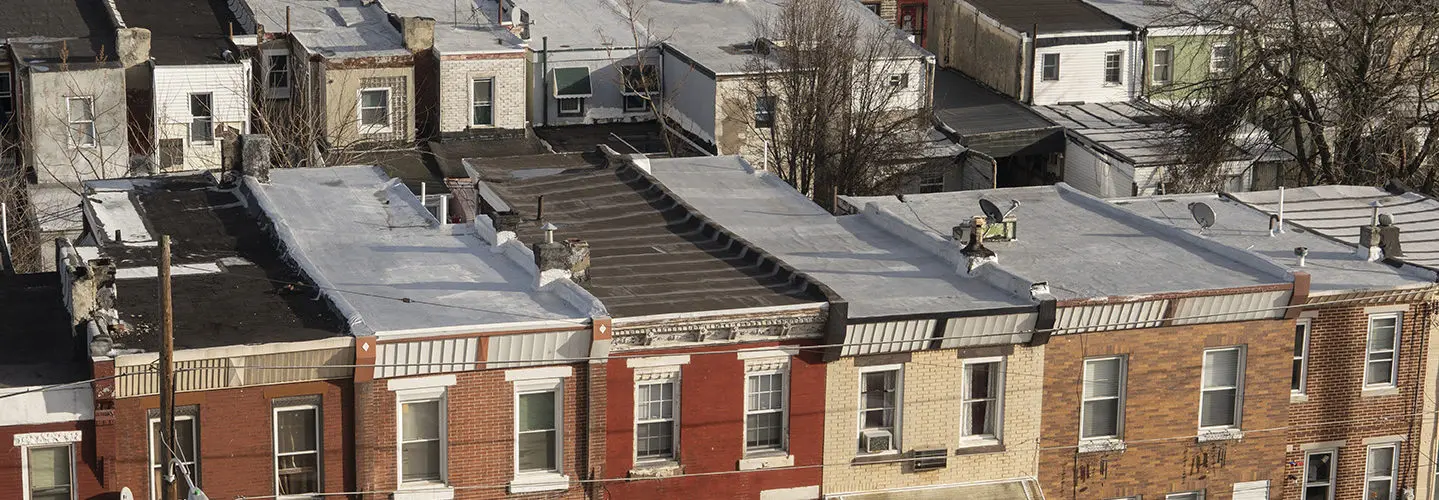Massachusetts’ Energy Efficiency Plan: Environmental Justice Implications
The Massachusetts Department of Public Utilities (DPU) has approved the state’s Three-Year Energy Efficiency Plan. Spanning 2022 through 2024, the plan intends to reduce greenhouse gas emissions by curbing 845,000 tons of greenhouse gas emissions while providing over $9 billion in statewide benefits. In addition to meeting the twin statutory mandates of achieving all cost-effective energy efficiency and reducing greenhouse gas emissions in line with the 2030 Clean Energy and Climate Plan, the 2022-2024 efficiency plan focused on three areas: equity, electrification, and workforce development.
Over the years, the Commonwealth has been audacious and forward-looking with its climate plans. A significant stride in the state’s commitment to an equitable and just transition was in establishing the Energy Efficiency Advisory Council (EEAC) and Mass Save in the Green Communities Act of 2008. Acadia Center strongly supported the formation of the Equity Working Group (EWG) by the Energy Efficiency Advisory Council to sharpen policies beneficial to vulnerable communities and groups but declined a spot on the EWG to make room for more representation of underserved communities. The Equity Working Group and program administrators were instrumental in listing 38 targeted environmental justice communities for particular attention during this three-year plan. Moreover, a portion of the program administrators’ performance incentives was tied to how well they served these underserved communities. In the order on the three-year plan by the DPU, however, the DPU amended the criteria for environmental justice communities agreed upon by the Equity Working Group, EEAC, and program administrators.
Instead of the criteria being based on income criteria and race or English isolation, a requirement that the whole community has a median income of less than 100% of state median income, and the requirement that greater than 33% of the community resides in an EJ census block group, the DPU revised the criteria to admit the whole municipality (except Boston) even if only one census block has only one EJ criterion. The net result is that an estimated 60 municipalities and Boston neighborhoods will qualify – rather than the 38 deemed most in need of effective efficiency program delivery by the EWG, EEAC, and program administrators.
The necessity of defining environmental justice communities in the context of race, socioeconomic class, indigenous status cannot be overemphasized. Historically, the impact of energy generation and transmission has been disproportionately borne by black and brown communities and low-income communities. For an equitable transition to a clean and renewable energy system to be feasible, communities and groups that have been marginalized and, in many instances, now face hindrances in accessing energy incentives and programs must be given utmost consideration. The Equity Working Group—and EEAC— exemplify a model for the smooth incorporation of equity solutions in the state’s energy policies and climate goals. But the effectiveness of their policy suggestions in sharpening the future of the state’s energy efficiency plans depends on whether their expertise is valued and their solutions undisputed.
Equity advisory councils are needed to center equity in state policies and legislatures. But their role can be stymied by lack of agency and authority of the councils to effect relevant changes. Equity advisory forums often represent members of the communities in various capacities and have members ranging from environmental and climate advocacy organizations, environmental justice communities, and community-based groups as well as small businesses. State and regional leaders must learn to trust the expertise of equity advisory forums to yield equity-informed solutions. Acadia Center understands how policies can become even better when public agencies focus on their mandate with equity guidance. We will continue to advocate for equity and climate goals to take center stage in all policy reforms at local and state agencies, and the overall regional progress of the northeast.




















Follow us